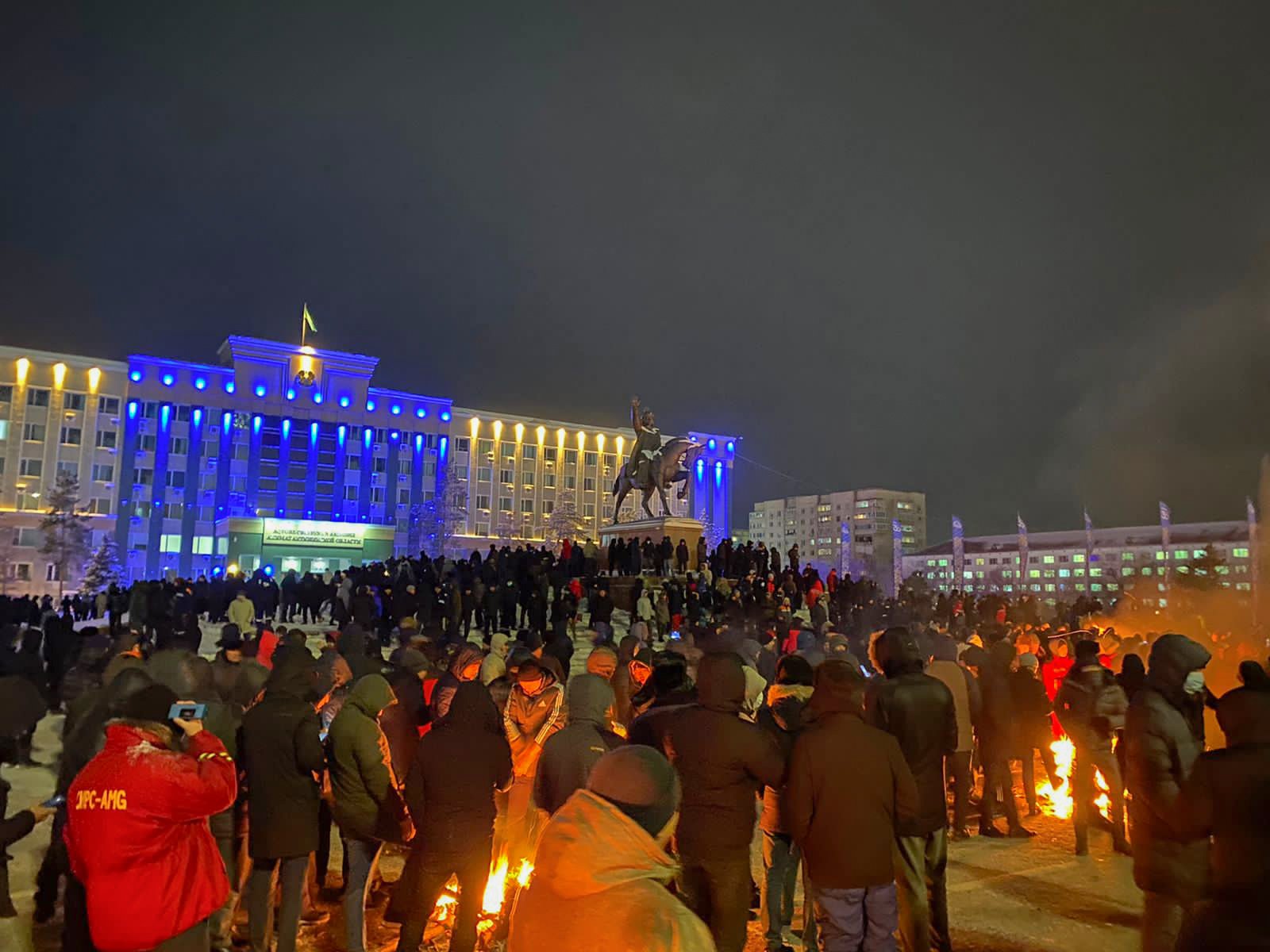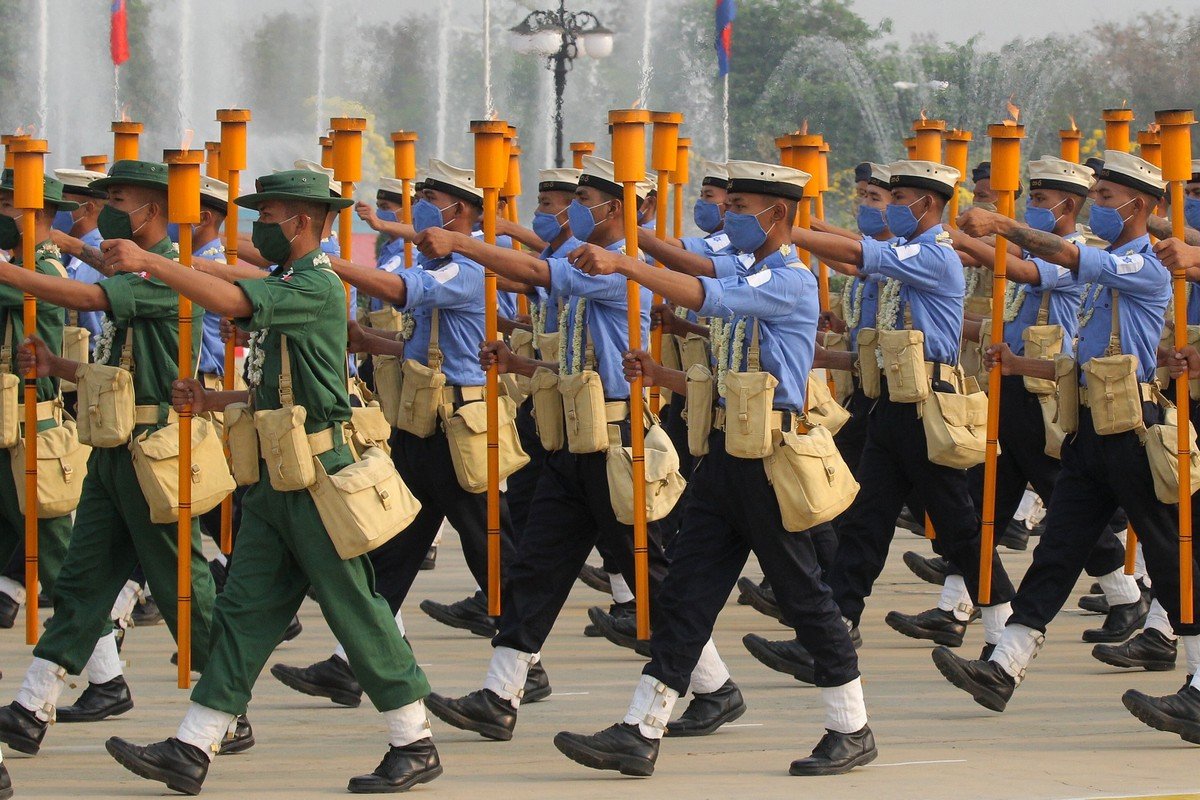
"Shoot to Kill Without Warning"
Kazakhstan rang in the new year with deadly protests. Similar to the 2020 protests in Thailand, a small, seemingly isolated demonstration quickly spread a wave of discontent across the country. Taking a page from Myanmar's military junta's playbook, President Kassym-Jomart Tokayev has restricted internet access and given security forces the authority to "shoot to kill without warning." Should other countries intervene?

"An Army with a Heart of Darkness"
In "The Revolution Will Not Be Televised," we covered the early 2021 military coup in Myanmar (also called Burma). On February 1, the Tatmadaw (the official name of the military) seized control of the country, detained civilian leaders, and disrupted access to communications to silence their people and limit the press. The military has since mounted a campaign of persistent violence. Can the international community work together to stop the Tatmadaw?

Black and Missing in the United States
With the recent and tragic high-profile case of Gabby Petito, there is renewed scrutiny over the lack of similarly dedicated media attention for missing women of color in the United States. Last September, we covered the largely invisible epidemic of Murdered and Missing Indigenous Women (MMIW) and examined bipartisan U.S. legislation designed to solve those crimes and prevent future incidents of violence against Indigenous women. Now, we are taking a look at the alarming number of missing Black girls and women in the United States.

Is Belarus Trying to Destabilize the EU?
Caught in the middle of a contentious dispute between Belarus and the European Union (EU), refugees and asylum seekers from Central Asia, the Middle East, and Africa are stranded in frigid temperatures at the border of Belarus and Poland. Some governments have alleged that Belarus is trying to instigate a conflict, conceivably to retaliate against EU sanctions.

A Royal Rumble in Eswatini
King Mswati III, the head of Africa's last absolute monarchy, has faced pro-democracy protests since June 2021. Largely led by high school and university students throughout Eswatini (formerly known as Swaziland), the protests aim to unseat the monarchy and institute free education. How has the international community responded?

Women in Farming Help End Hunger
The International Day of Rural Women and World Food Day occur side-by-side this week, further highlighting the role women in rural areas play in alleviating extreme poverty and hunger. According to the United Nations, women comprise more than "40% of the agricultural labor force in developing countries, ranging from 20% in Latin America to 50% or more in parts of Africa and Asia." But, many of those women face discrimination when trying to manage farms. How can women in other communities help them?
